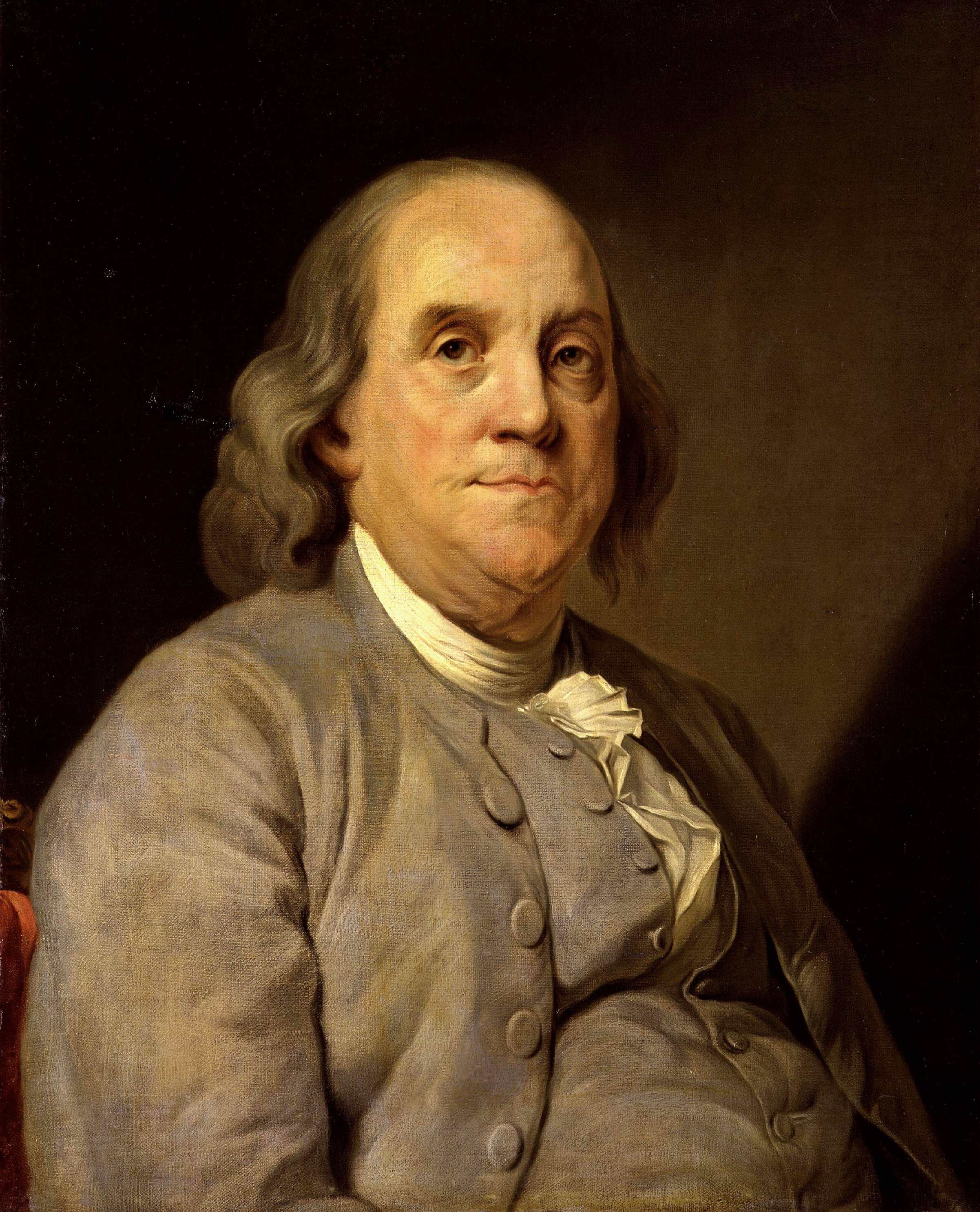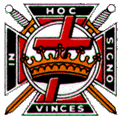I have received permission from Jack Roberts, High Priest of Minnesota Chapter No. 1, to publish a letter he sent to the editor of the Knights Templar Magazine. I think it's important read for all of us who are active in the York Rite.
Sir Knight Palmer,
I was disappointed to read in the
March 2011 “Letters to the Editor” that another Sir Knight believes that those
Brothers who do not conform to the beliefs of “fervent Christianity” should
demit not only from their Templar Commanderies, but also all York Rite bodies.
The belief that a Brother must be
a Christian – perhaps a fervent Christian, as suggested in the letter – to petition
a York Rite body is entirely incorrect, and is a persistent mischaracterization
of the nature of two of the three Masonic bodies that fall under the York Rite.
Neither Capitular Masonry nor
Cryptic Masonry require a Brother to be a Christian. Neither body claims to be
a Christian organization or based on Christianity. Although many of the values
espoused and taught in both bodies have much in common with Christian teachings,
a Chapter of Royal Arch Masons and a Council of Select Masters are more similar
in membership and teachings to our Blue Lodges than Commanderies.
Perhaps I should say that
Chapters and Councils “could” be more similar in membership and teachings to
our Blue Lodges, but many Brothers perpetuate the myth that one must be a
Christian to be a York Rite Mason. This myth wreaks havoc on our efforts to
bring good and true Brothers to our Chapters and Councils.
Many times I have had to explain
to Brothers that the structure of the York Rite is not like the Scottish Rite,
which is a coherent and structured series of degrees that build upon each
other. The York Rite is a loose confederation of three bodies that could
operate independently, and have, in fact, operated independently in the past.
Templar Orders are not the “capstone” or “completion” of the York Rite. A
Brother can derive much value from the lessons and beautiful degrees of
Capitular and Cryptic Masonry without taking the Templar Orders.
We in the York Rite need to let
the strength of Chapters and Councils stand on their own, and stop suggesting
that one is not a “complete” or “good” York Rite Mason unless one is a fervent
Christian and a Sir Knight.
Regards,
Jack Roberts
Damascus Commandery No. 1
Saint Paul, Minnesota














